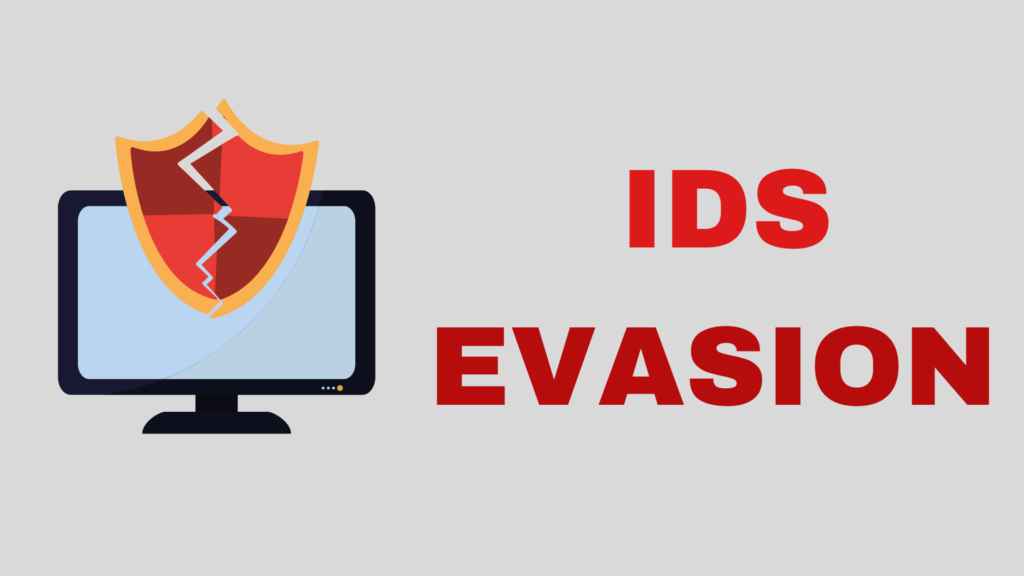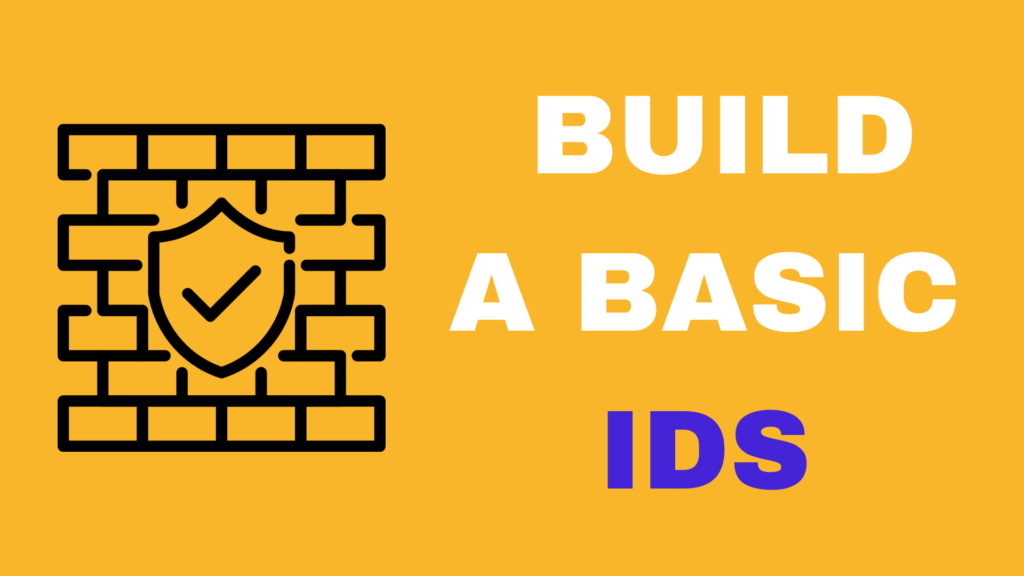In today’s digital age, the healthcare industry has become increasingly reliant on technology to store and manage patient information, communicate with patients and other healthcare professionals, and provide medical services. However, with this increased reliance on technology comes the risk of cyberattacks and data breaches, which can have serious consequences for both patients and healthcare organizations. The ethical implications of cybersecurity in the healthcare industry must be carefully considered in order to ensure the protection of sensitive patient information and the integrity of healthcare services.
One of the main ethical concerns surrounding cybersecurity in the healthcare industry is the protection of patient privacy. Patient information, including medical records and personal details, is highly sensitive and must be kept confidential. A data breach in the healthcare industry can result in the exposure of sensitive information such as medical diagnoses, treatment plans, and insurance information, which can have serious consequences for patients. For example, a patient’s medical history could be used to discriminate against them in the workplace or to deny them insurance coverage.
In addition to the potential harm to patients, a data breach can also have serious consequences for healthcare organizations. A data breach can result in financial losses for the organization, as well as damage to its reputation and trust among patients and other stakeholders. It is therefore essential that healthcare organizations prioritize cybersecurity and take appropriate measures to protect patient information.
One ethical issue that arises in the context of cybersecurity in the healthcare industry is the allocation of resources. Healthcare organizations may be faced with difficult decisions about how to allocate their resources in order to protect against cyber threats. For example, an organization may have to choose between investing in cybersecurity measures or purchasing new medical equipment, or between training staff on cybersecurity and providing patient care. These decisions can have serious implications for the organization and the patients it serves, and must be made with ethical considerations in mind.
Another ethical issue surrounding cybersecurity in the healthcare industry is the role of government and regulatory bodies. Government and regulatory bodies, such as the Health Insurance Portability and Accountability Act (HIPAA) in the United States, have a responsibility to ensure that healthcare organizations are complying with relevant cybersecurity regulations and standards. However, there may be situations in which the interests of the government or regulatory body conflict with the interests of the healthcare organization or the patients it serves. For example, a government or regulatory body may require a healthcare organization to disclose patient information for the purpose of public health research, but doing so may breach the patient’s privacy.
There are several ethical considerations that healthcare organizations should take into account when addressing cybersecurity issues. Firstly, organizations should prioritize the protection of patient privacy and confidentiality. This may involve implementing strong cybersecurity measures, such as encryption and secure servers, as well as training staff on how to handle sensitive information. Secondly, organizations should be transparent about their cybersecurity practices and policies, and ensure that patients are aware of their rights and the steps they can take to protect their own information.
In addition, healthcare organizations should consider the impact of their cybersecurity practices on vulnerable populations, such as low-income or elderly patients who may be more at risk of cyber threats. Organizations should also consider the potential consequences of a data breach on the organization itself, including financial losses and damage to its reputation.
Overall, the ethics of cybersecurity in the healthcare industry are complex and multifaceted. Ensuring the protection of patient privacy and the integrity of healthcare services requires careful consideration and balancing of competing interests. It is essential that healthcare organizations prioritize cybersecurity and take appropriate measures to protect patient information, while also being mindful of ethical considerations and the impact of their actions on patients and the organization as a whole.
Finally, it is important for healthcare organizations to work with government and regulatory bodies to ensure compliance with relevant laws and regulations. This may involve seeking guidance on best practices and working together to identify and address potential risks.
In conclusion, the ethics of cybersecurity in the healthcare industry are of critical importance. Protecting patient privacy and confidentiality, allocating resources effectively, and collaborating with government and regulatory bodies are key considerations for healthcare organizations. By prioritizing cybersecurity, healthcare organizations can ensure the protection of sensitive patient information and the integrity of healthcare services.
TL;DR
- Cybersecurity in the healthcare industry is important for the protection of patient privacy and confidentiality
- Allocation of resources and ethical considerations surrounding government and regulatory bodies can be complex issues
- Healthcare organizations should prioritize the protection of patient privacy, be transparent about their cybersecurity practices, and consider the impact on vulnerable populations
- Collaboration with government and regulatory bodies can help ensure compliance with relevant laws and regulations


